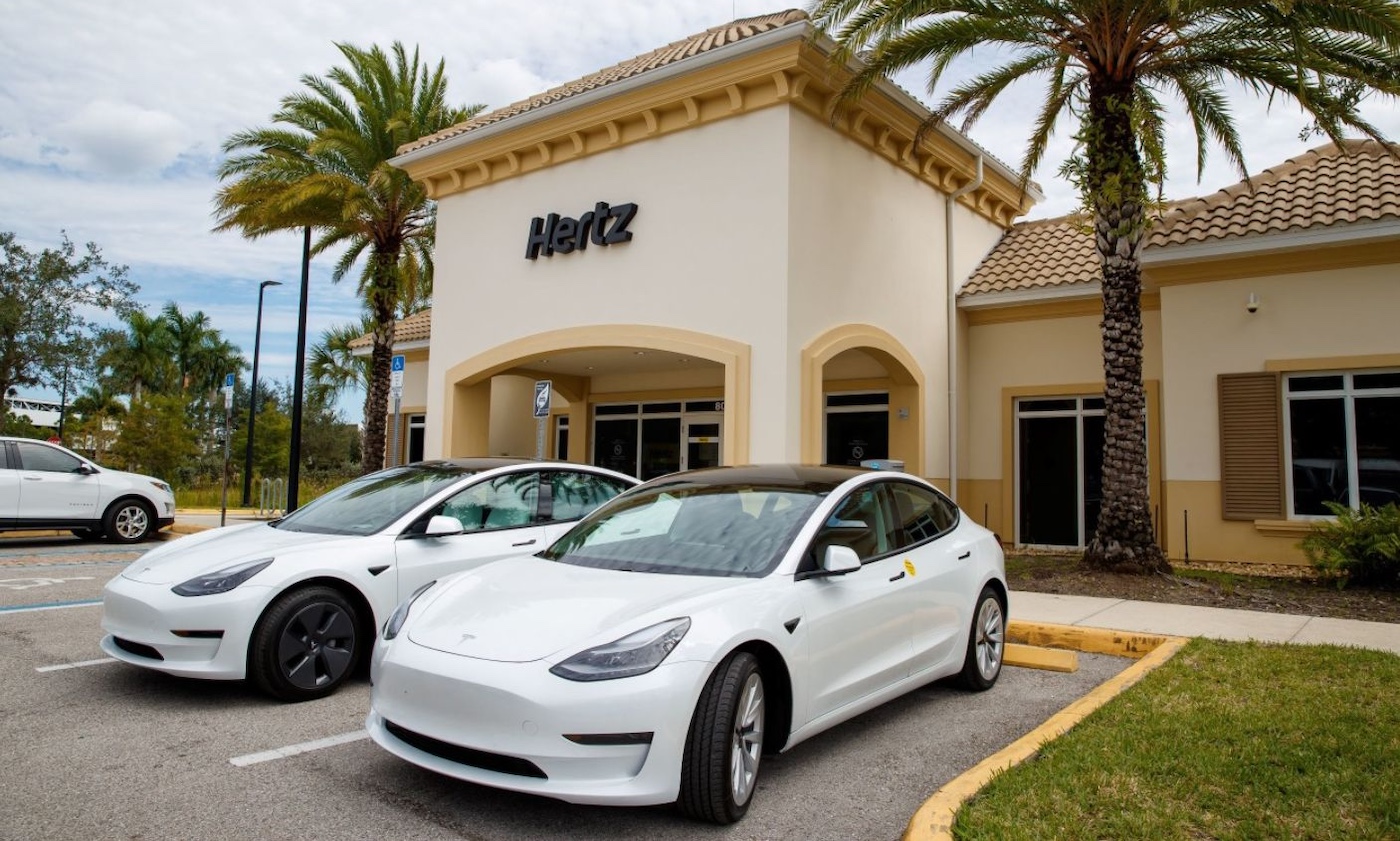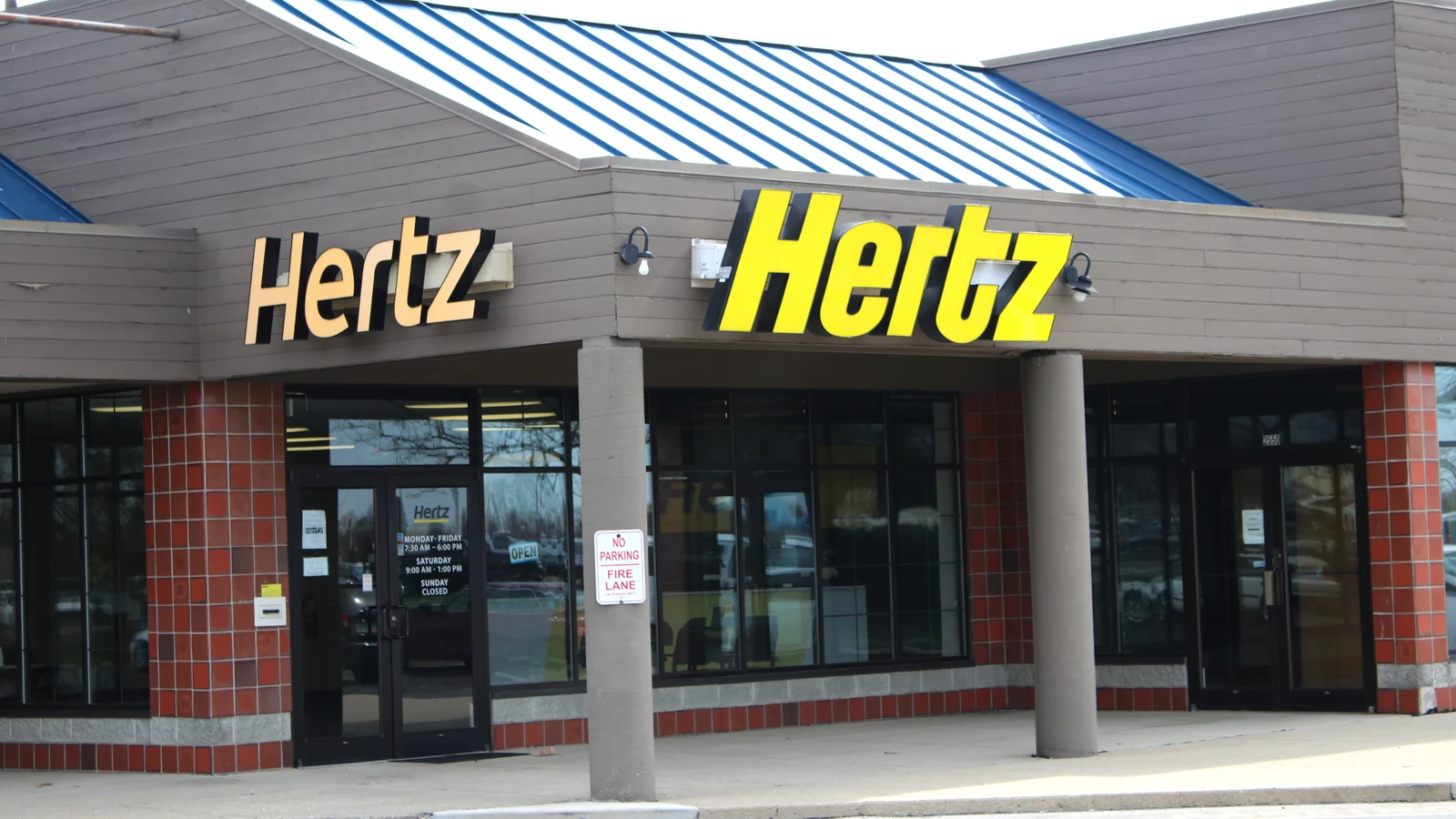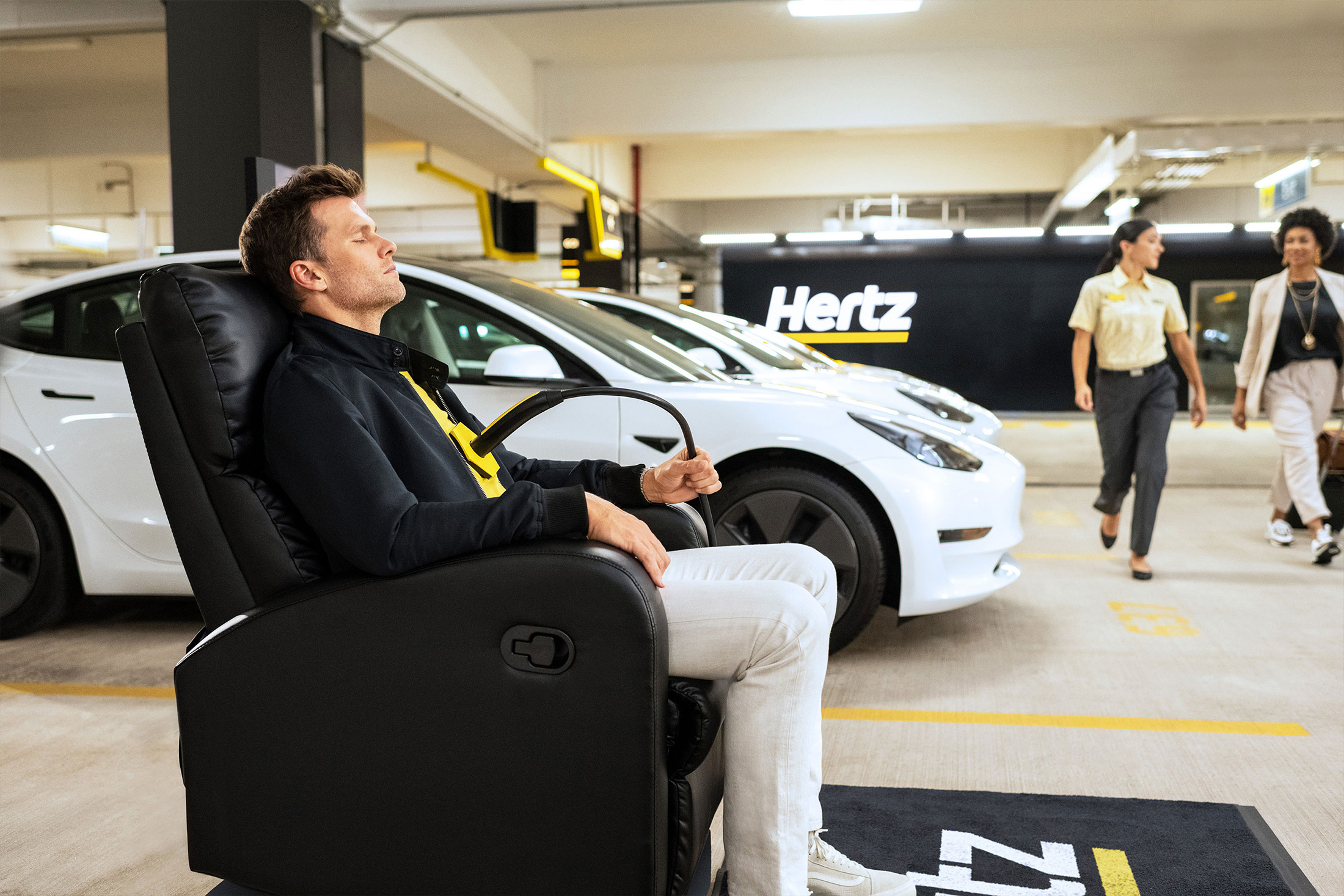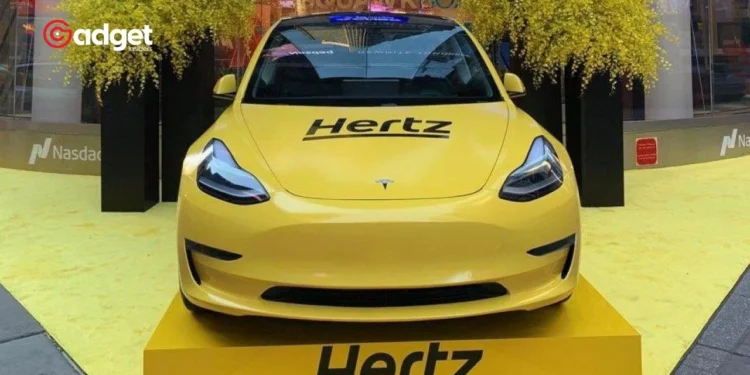Joshua Lee, a loyal Hertz customer and a member of the company’s President’s Circle—a status awarded to frequent users—faced an unexpected and baffling charge after a routine car rental in Los Angeles. Opting for the “skip the pump and save time” feature during his reservation, Lee aimed to avoid the hassle of refueling charges.
Typically, this option would protect a renter from additional fees should they return a gas-powered vehicle with less than a full tank. However, the Tesla Model 3 he rented does not require gasoline at all, making the charge not only inappropriate but impossible.
Despite returning the vehicle with the battery charged to the same level as when he picked it up, Lee found himself facing a $277.39 charge for gasoline. According to reports by The Drive, this charge equates to nearly 40 gallons of gas—a quantity that exceeds the capacity of standard car fuel tanks, further emphasizing the error in Hertz’s billing system.

Hertz Stands Firm Despite Obvious Error
When Lee reached out to Hertz to rectify the mistake, the company’s response was far from satisfactory. The company refused to admit the error, citing that the “service was provided” and thus, no refund or price adjustment could be made as the contract had already been closed.
This stubborn stance on not acknowledging a clear mistake adds a layer of frustration to the incident. The situation becomes even more ironic considering the company’s own policy for electric vehicles (EVs), which allows renters to return their cars at any charge level.
Hertz would then recharge the EV for a nominal fee or allow the customer to return it with the same charge level for no fee at all—none of which justifies a gasoline charge.
Hertz Made A Customer Pay $277 For Gas In His Tesla Rental https://t.co/l1bGUgoIkb
— The Green Panel ☀️ (@TheGreenPanel) May 9, 2024
The Larger Implications of Hertz’s Mistake
This mishap does more than just spotlight a billing error; it underscores potential gaps in Hertz’s understanding and handling of electric vehicles.
As EVs become more prevalent, rental companies must adjust their policies and train their staff adequately to avoid such blunders, which can be costly and damaging to their reputation.

Moreover, this incident reflects poorly on Hertz’s customer service, particularly in how it treats its most loyal customers. For someone like Lee, who has achieved President’s Circle status, such an experience is not only disappointing but could also be a deal-breaker in terms of future loyalty to the company.
As companies navigate the complexities of modern business, including the integration of new technologies like electric cars, maintaining high standards of customer service and operational accuracy is crucial. In an era where corporate missteps are quickly amplified by social media and news outlets, Hertz’s handling of this situation could serve as a cautionary tale.
It’s a stark reminder of the importance of adapting business practices to evolving technologies and maintaining transparency and fairness in customer interactions. As of now, Lee is disputing the charge with his credit card company, hoping for a resolution more favorable than what Hertz has offered.

While Hertz remains a giant in the rental car industry, incidents like these could steer customers towards more reliable and technologically adept competitors. As the electric vehicle market grows, so does the expectation for companies to handle such rentals with expertise and care.
Hertz’s error is more than a simple oversight; it’s a significant stumble at the crossroads of customer service and technological evolution.










